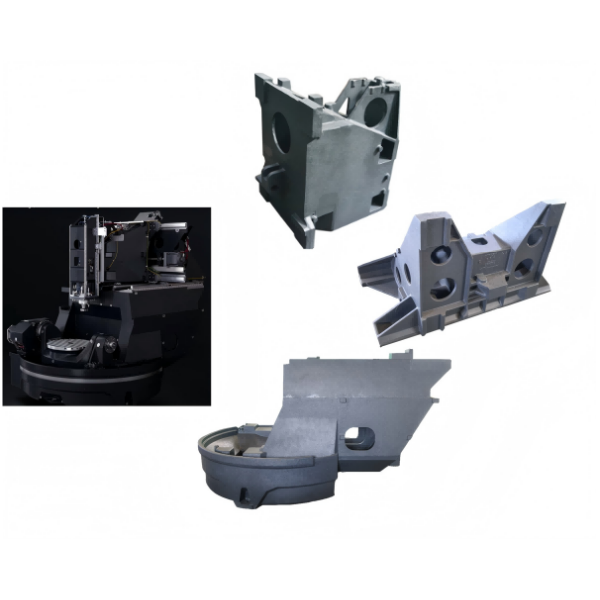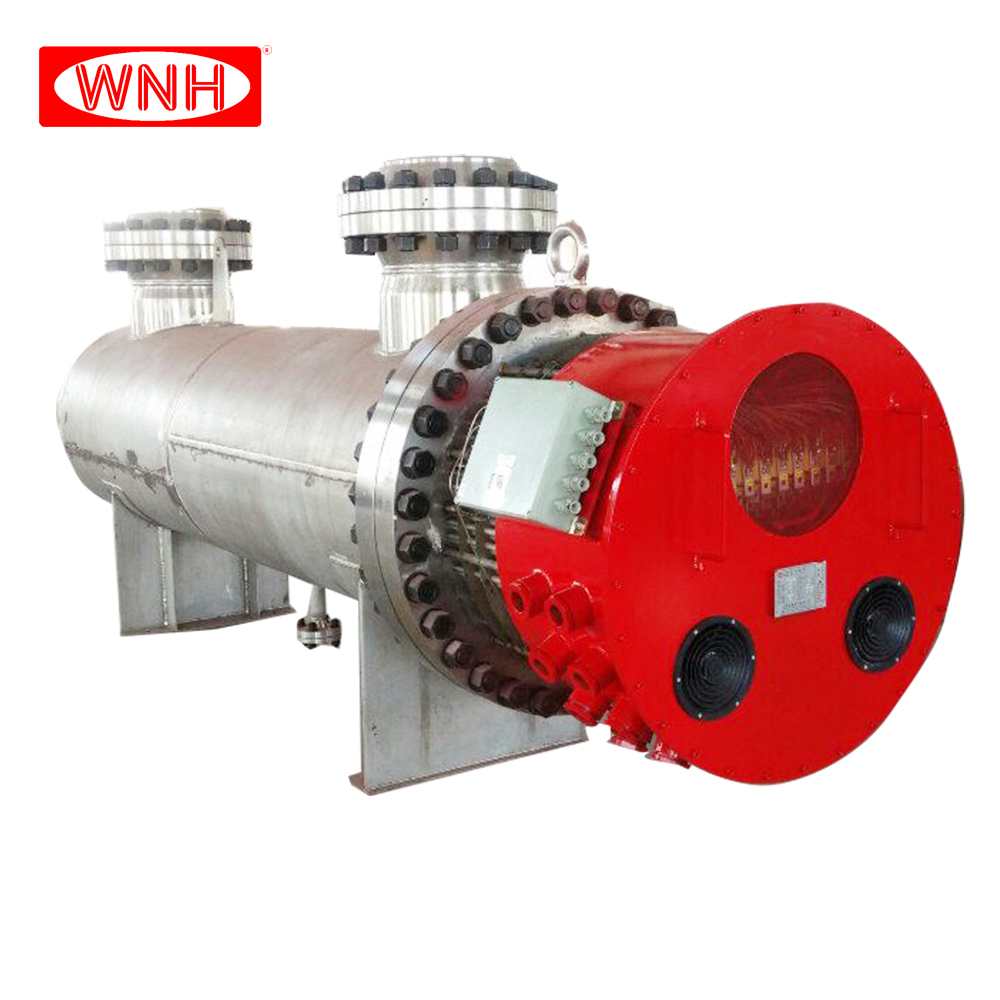The Ultimate Showdown: Mechanical vs. Electric Fuel Pump – Unveiling the Superior Choice
When it comes to fuel delivery systems, the debate between mechanical and electric fuel pumps has been ongoing for years. Both options have their merits and drawbacks, making it crucial to understand the nuances of each before making a decision. In this comprehensive blog post, we will delve into the intricacies of mechanical and electric fuel pumps, comparing their performance, reliability, efficiency, and suitability across various industries. By the end, you will have a clear understanding of which fuel pump reigns supreme.
- Performance:
Mechanical Fuel Pump:
Mechanical fuel pumps have been the traditional choice for decades, relying on a camshaft-driven mechanism to draw fuel from the tank and deliver it to the engine. These pumps offer excellent performance at lower RPMs, making them ideal for older vehicles or engines with lower horsepower. However, they may struggle to maintain consistent fuel pressure at higher RPMs, leading to potential fuel starvation issues.
Electric Fuel Pump:
Electric fuel pumps, on the other hand, utilize an electric motor to deliver fuel from the tank to the engine. They offer consistent fuel pressure across all RPM ranges, ensuring optimal engine performance. Electric fuel pumps are particularly advantageous for high-performance vehicles, as they can handle increased fuel demands without compromising reliability.
Winner: Electric Fuel Pump – for its consistent performance across all RPM ranges.
- Reliability:
Mechanical Fuel Pump:
Mechanical fuel pumps are known for their simplicity and durability. With fewer moving parts, they are less prone to failure and can withstand harsh conditions. However, their reliance on a camshaft-driven mechanism makes them susceptible to wear and tear over time, potentially leading to decreased performance and fuel delivery issues.
Electric Fuel Pump:
Electric fuel pumps have evolved significantly in terms of reliability. Modern electric pumps are designed to withstand extreme temperatures, vibrations, and contaminants. Additionally, they often feature built-in safety mechanisms, such as pressure relief valves, to prevent damage to the fuel system. However, electrical components can still be susceptible to failure, especially in older or poorly maintained vehicles.
Winner: Tie – Both mechanical and electric fuel pumps offer reliable performance, with slight variations based on usage and maintenance.
- Efficiency:
Mechanical Fuel Pump:
Mechanical fuel pumps draw power directly from the engine, utilizing a small portion of the engine's horsepower to operate. While this may seem inefficient, it eliminates the need for additional electrical components, resulting in a simpler and lighter fuel delivery system. However, the power draw can slightly impact overall engine performance and fuel efficiency.
Electric Fuel Pump:
Electric fuel pumps require a separate power source, typically the vehicle's electrical system. While they may consume a small amount of electrical power, advancements in technology have made them more energy-efficient. Additionally, electric fuel pumps can be regulated to deliver the precise amount of fuel required, optimizing fuel efficiency.
Winner: Electric Fuel Pump – for its ability to deliver precise fuel amounts, enhancing overall efficiency.
Conclusion:
After a thorough analysis of the performance, reliability, and efficiency of mechanical and electric fuel pumps, it is evident that the electric fuel pump emerges as the superior choice. Its consistent performance, reliability advancements, and efficiency optimization make it ideal for a wide range of applications, including high-performance vehicles. However, it is essential to consider the specific requirements of your vehicle or industry before making a final decision. Ultimately, choosing the right fuel pump will ensure optimal engine performance, reliability, and fuel efficiency.



